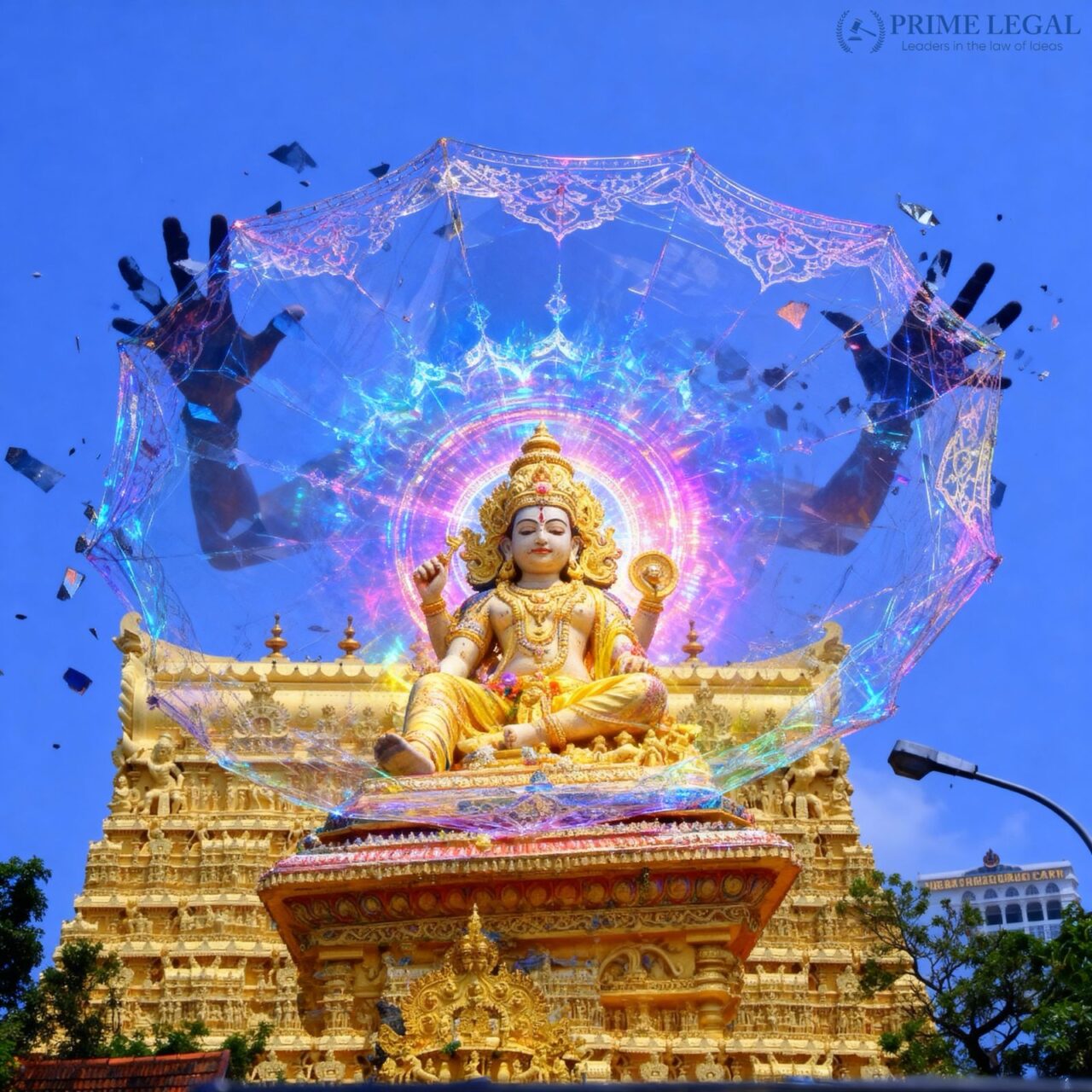Introduction
The Indian legal system sometimes overrides the established procedure and rule of law in case a custom exists in society. The customs which have been followed since ancient times, which do not go against any established laws, are often accepted and allowed to be practiced by the legal system. This shall include marriage between close family, restriction of women entering certain temples, Muslim women not allowed to enter the mosque, etc…
Some practices might seem to be discriminatory, but they have been in practice for a very long time and have been recognised as a valid custom by the law, the courts and therefore can be considered as lawful practices. The temple administrations can often bring in restrictions on entry and the conduct of people inside the temple. The courts have often tried to stay neutral in matters relating to religions and try to go with what has been established in the religious books.
Background
The Kerala High Court, recently hearing the case of R Rajasekharan Pillai v State of Kerala & Ors, stated that only those authorised by the tantri (Chief Priest) can touch the Moolavigraham (main idol). The Court held that these people who have been authorised by the tantri can touch the moolavigraham only after following a fast (vratham) and a purification ritual (shudhikaranam).
The court has specified that the form of rituals is to be decided by the tantri, and it shall be followed even for the repair or maintenance of the idol.
Key Points
Limited power of Courts: The Judges Devan Ramachandran and M B Snehalatha observed the delicate nature of the issue at hand and also stated how the courts have a limited role in dealing with the issue, as it was more related to the traditional customs and practices which had been followed by the people indigenous to the temple administration and functioning. They cannot override the traditional beliefs and practices of a certain community and deal with the issue in the procedure established by law. The court observed that certain procedures are to be followed to touch the moolavigraham, and they shall be followed without fail.
Traditions to be respected: The Court observed that, as per the religious beliefs, there is sanctity and purity attached to the idols, and they ought to be respected. Not everyone can go and touch the idol and disturb its purity and sanctity. It is necessary, as per the traditional practices, that anyone who touches the idol show devotion and respect to it and be pure so as to protect the idols from negative energy. The court also said that even technical expertise cannot override ritual protocol. The court understood that it had limited knowledge of the traditional ritualistic practices carried out in the temple and therefore declared that the tantri shall authorise who shall touch the idols after following the fast and purification ritual.
Conclusion
The discrimination which can be exercised by the tantri in determining who is eligible to touch the moolavigraham can be seen as a violation of Article 14 (Right to equality) as the discrimination is made based on whether a person has kept a fast and has undergone the purification ritual necessary to touch the idol. It can be argued to be a discriminatory practice. But it is a traditional and religious practice which has been followed to uphold the sanctity and purity of the idol, and is an established religious practice even if there is necessity for repair or maintenance of the idol.
“PRIME LEGAL is a full-service law firm that has won a National Award and has more than 20 years of experience in an array of sectors and practice areas. Prime legal falls into the category of best law firm, best lawyer, best family lawyer, best divorce lawyer, best divorce law firm, best criminal lawyer, best criminal law firm, best consumer lawyer, best civil lawyer.”
WRITTEN BY: I Sharan


